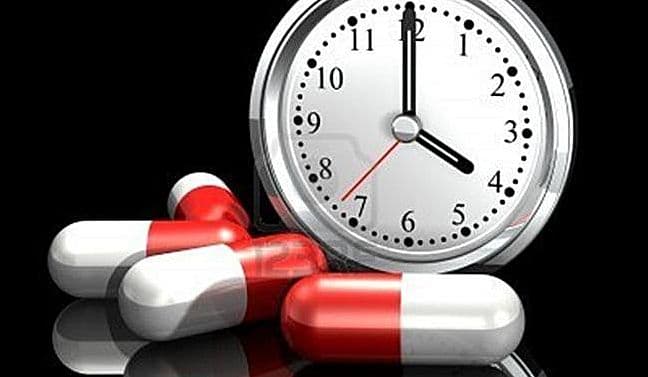Generic drugs are an important alternative to branded drugs, with the same efficacy. But when too many generics are changed for a pathology, the patient complies less with the doctor's prescriptions, or worsens his adherence to therapy.
Mercoledì 18 novembre 2015 – L’ECO DI BERGAMO
The results of the study are obtained from the analysis of over 14,500 patients of the two Local Health Authorities. Six therapeutic areas were examined: diabetology, cardiology, dyslipidemia, rheumatology, psychiatry and hypertension. "The goal was to see how the patient behaves when the pharmacist replaces a generic medicine prescribed by the doctor with another equivalent medicine, with the same effectiveness."
The survey found that "the patient's adherence to the prescription decreases, with a value equal to 28% if the replacement affects half of the prescriptions. In all 6 areas, there was a progressive reduction in adherence after a drug change: on average, if one generic prescription out of two is replaced with an equivalent one, dyslipidemia and diabetes have the highest percentage reduction of adherence (respectively the 48% and
This decline in adherence, the experts conclude, "implies a lower efficacy and safety of therapeutic treatments, with a consequent increase in the risk of complications and a worsening of the patients' health conditions".
Related news: Summary of results. Horizontal substitution of generic drug and adherence to therapies
Speech of the speakers at the conference to present the work
Wave press release. Medication adherence: decreases by 28% if half of generic drug prescriptions are replaced with another equivalent
Conference programme. Generic drug substitution and treatment adherence
Bergamo. Generic drugs, the ASL specifies "An essential choice, as well as safe"
The EU bans 700 generic medicines produced in India
Pharmacotherapy: why always use the same medicine
Treviso. Farmaci, uso sbagliato e abuso: parte la campagna dell’Usl
